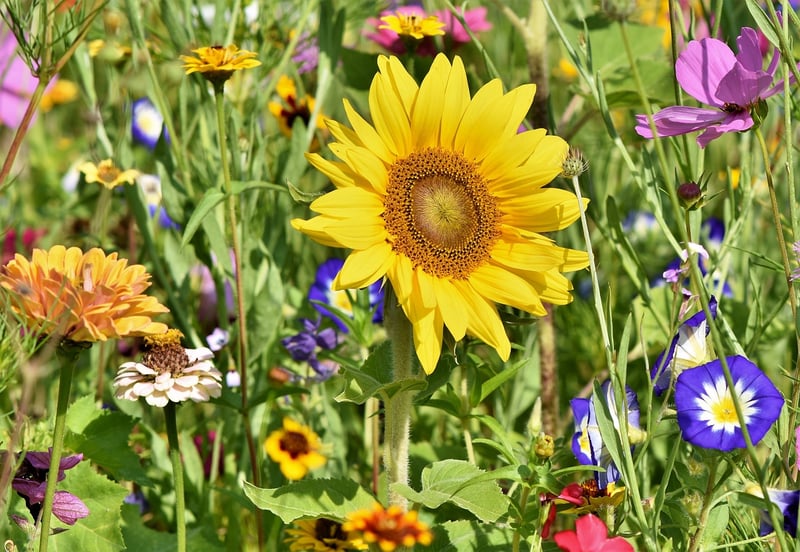Pest Control
Keeping Your Garden Healthy: Pest Control Tips
Welcome to our guide on maintaining a healthy garden through effective pest control. A beautiful garden requires proper care and attention, and one of the key aspects of this is managing pests that can harm your plants. Here are some essential tips to help you keep your garden thriving and pest-free:
1. Identify Common Garden Pests
Before you can effectively control pests in your garden, you need to know what you're up against. Common garden pests include aphids, snails, slugs, caterpillars, and beetles. Learn to recognize the signs of pest damage on your plants to take timely action.
2. Practice Good Garden Hygiene
Keep your garden clean and tidy to reduce the risk of pest infestations. Remove any dead or decaying plant matter, fallen leaves, and weeds regularly. Pests often hide in debris, so keeping your garden clean can deter them.
3. Attract Beneficial Insects
Encourage beneficial insects like ladybugs, lacewings, and predatory wasps to your garden. These insects feed on common garden pests and can help keep their populations in check naturally. Planting flowers like marigolds and herbs like dill can attract these helpful bugs.
4. Use Natural Pest Control Methods
Avoid harsh chemicals that can harm beneficial insects and the environment. Instead, opt for natural pest control methods like neem oil, insecticidal soap, and diatomaceous earth. These options are effective against pests and safer for your plants.
5. Companion Planting
Strategically plant companion crops that can help repel pests or attract beneficial insects. For example, planting basil near tomatoes can deter tomato hornworms, while nasturtiums can attract aphids away from your other plants.
6. Physical Barriers
For larger pests like rabbits or deer, consider using physical barriers like fences or netting to protect your garden. These barriers can prevent animals from accessing your plants and causing damage.
7. Monitor Your Garden Regularly
Inspect your plants regularly for signs of pest damage. Early detection can help you address pest issues before they escalate and cause significant harm to your garden. Look for chewed leaves, holes in foliage, or unusual discoloration.
Conclusion
By following these pest control tips and staying proactive in your garden care, you can create a healthy and thriving outdoor space. Remember that a balanced ecosystem in your garden is key to keeping pests in check naturally. Happy gardening!

For more information on pest control and gardening tips, visit GardeningWebsite.com.
